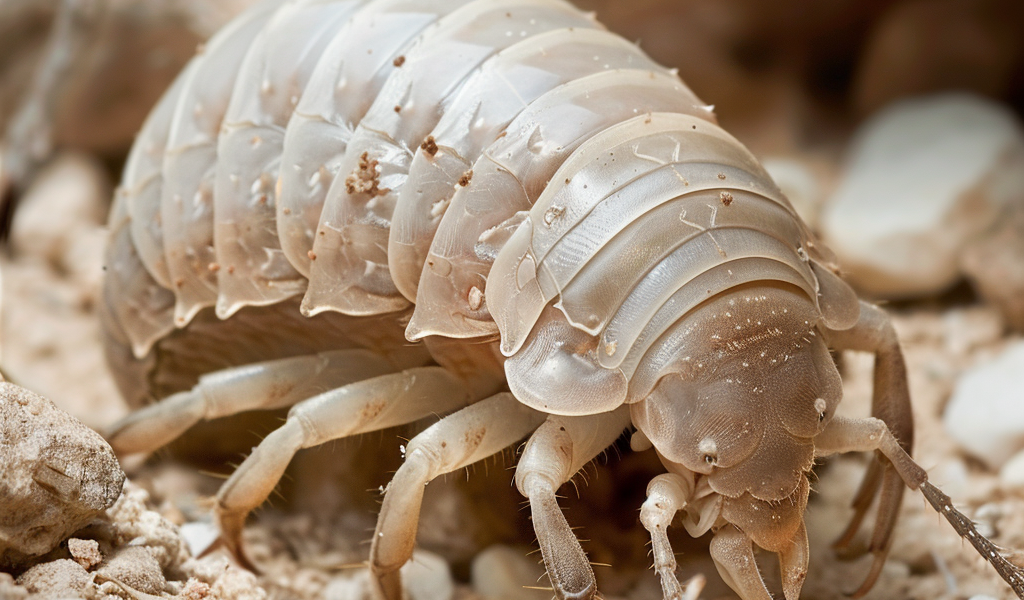A recent study conducted by researchers at the Hebrew University has unveiled fascinating insights into the dietary habits of isopods, shedding light on their impact on the ecosystem. Isopods, commonly mistaken for bugs, are actually crustaceans with a diverse range of species found in different environments.
Isopods, derived from the Greek words for ‘equal foot,’ possess segmented external skeletons, jointed limbs, antennae, and branching appendages. These unique creatures play a significant role in their ecosystems, particularly in desert environments.
The study, led by Dr. Moshe Zaguri in collaboration with Prof. Dror Hawlena and Prof. David Raubenheimer, examined the dietary preferences of desert isopods. Surprisingly, the research found that isopods showed a preference for consuming macronutrient-poor biological soil crust (BSC) over plant litter.
These findings challenge previous assumptions about the dietary habits of isopods and highlight the complex considerations that influence their food selection. By consuming soil crust over plant litter, isopods demonstrate a nuanced approach to meeting their nutritional needs.
The study, published in the journal Ecology Letters, titled ‘Dust you shall eat: complex considerations underlying a simple diet,’ provides valuable insights into the dietary choices of desert isopods. Understanding the dietary preferences of these creatures can offer new perspectives on how different animals, including humans, make food choices based on nutritional content and digestive assistance.
Overall, the research emphasizes the importance of considering the intricate nutritional and functional dynamics that shape the dietary habits of desert isopods. By studying these fascinating creatures, researchers can gain a deeper understanding of ecosystem dynamics and the interconnectedness of species within a given environment.





